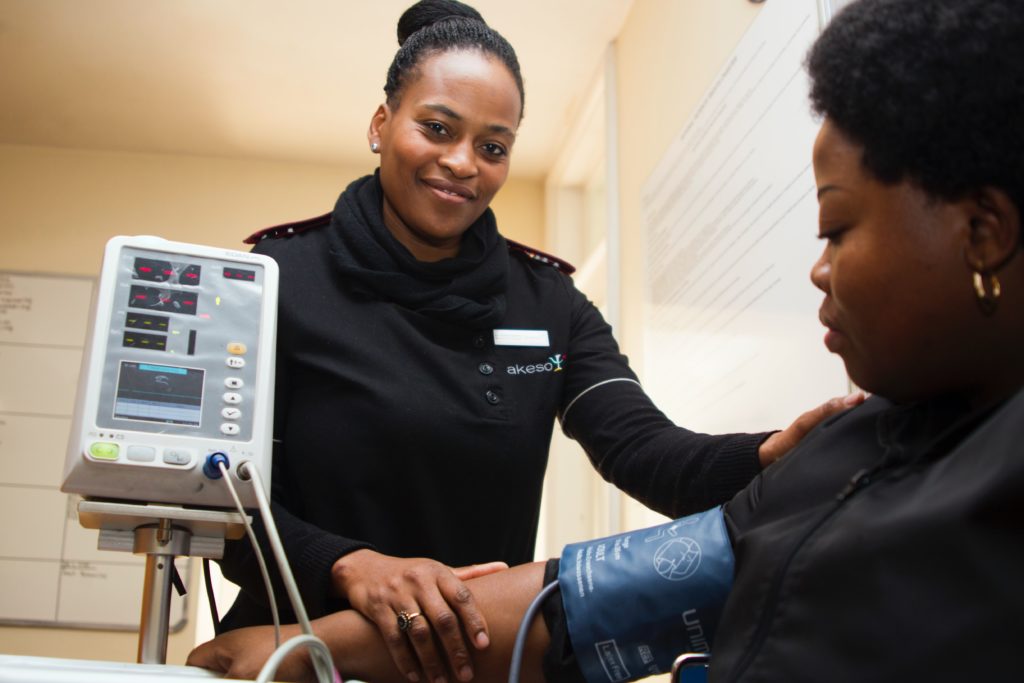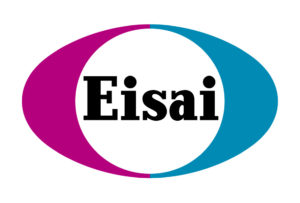
A side effect is a new or worsening reaction your body has to a new medication or treatment. Some are mild, but others can be life-threatening if not managed well. All can impact your health and daily life.
When it comes to side effects, everyone is different. Keep your doctor informed of any changes you experience.
You need to know what to expect from your treatment so you can make an informed decision and prepare you to manage any side effects that may occur. Any risk for side effects should be balanced with both the chance of success in treating your cancer and being able to living your best quality of life (which can mean different things to different people). Knowing what to expect can help lower anxiety if/when that side effect occurs.
If there are particular side effects you are worried about from that list or side effects you didn’t hear mentioned, ask your doctor to talk about how those particular problems might be handled if they occur. Knowing what to expect can help lower anxiety if/when that side effect occurs.
Discuss possible side effects with your doctor prior to treatment and request written materials.
Keep track of any side effects. A simple calendar or notebook can help. You may notice changes in those side effects as you continue treatment. Be ready to ask for help to deal with those side effects when they happen and do not wait until the next visit to do so. Continue to track your symptoms (old or new) throughout your treatment and even for a while after stopping treatment so you can continue to talk to your doctor about any changes. Some of the key things to write down are:
Use a calendar, journal or notepad to keep track of your side effects.
Note what part of your body is affected and a description of how it feels. What were you doing when the symptom started? Did you do anything to try and make it stop? Did it work?
This can be a date or a time of day (morning/night), Write down how it changes each day (morning versus night or after eating versus on an empty stomach).
You can rate this on a scale of 1-5 or describe how it feels using words like sharp/dull/throbbing/stabbing – whatever works for you to help compare different side effects.
Report side effects as soon as you can. This is never silly, or an inconvenience and can be helpful during your treatment. The sooner your healthcare team knows what is happening, the sooner they can help manage them. If you cannot reach your doctor and the side effect is severe, go to the emergency room. Be ready to explain your diagnosis, treatment, and side effects. Carry information about your medications with you to help communicate this.
Report ANY side effects as soon as possible to your doctor.
Having a side effect does not mean your treatment isn’t working or that you have to stop treatment. Your doctor will work with you to understand how you can live the best possible quality of life while receiving effective treatment. Your doctor may try different things to make the side effect get better or go away, including:
Reporting a side effect does not mean the end of treatment.
Your doctor may prescribe medication to help make you feel better. Do not take medications yourself to treat a side effect without talking to your doctor. Some medications could interfere with the cancer treatment or make your symptoms worse
This slight break can help your body recover, and you can resume again when you feel better
Your doctor may be able to adjust how much or how often you are taking your medication so that the chance of a side effect decreases as you continue treatment
Your physical health isn’t the only thing that can be affected by kidney cancer treatment. A kidney cancer diagnosis can also affect the mental health and emotional well-being of patients as well as caregivers.
Let your healthcare team know about your feelings and concerns so they can refer you to someone who can help. Supportive emotional and mental care are important for anyone struggling to cope with kidney cancer. You don’t have to do it alone.
Let your healthcare team know about your feelings and concerns.
Talk to your healthcare team. It is the most important part of managing your side effects. Your doctor or nurse should be able to help connect you to other specialists when needed.

Drink plenty of fluids, about ten 8-ounce glasses each day

Eat a nutritious and balanced diet including fruits, vegetables, and whole grains foods (limiting overly fatty, starchy, or processed foods)
Engage in regular physical activity. Even 5 minutes a day, can benefit your physical and mental health. Consult your doctor on when and how to begin physical activity safely.

This has been shown to help relieve anxiety, stress, fatigue and improve sleep and mood for some patients

Find a support system within your friends, family or community. Or join a support group like KCA Connect to connect with other patients and caregivers
Palliative care focuses on helping patients with their side effects and other cancer symptoms.

